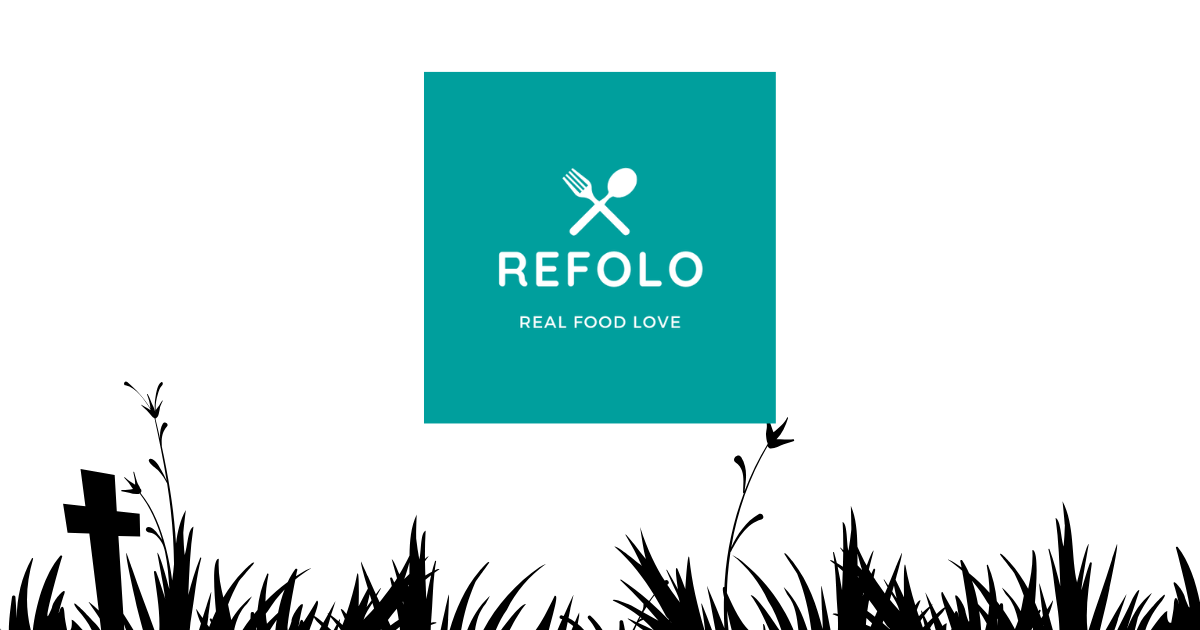
Refolo was a São Paulo-based startup founded in 2022 by Lola Ojabowale with the goal of making plant-based eating both accessible and culturally resonant. Inspired by her father’s health challenges and the transformative power of dietary change, Refolo aimed to deliver personalized, plant-based meal plans that enabled individuals to enjoy traditional, meat-included dishes in a vegan or vegetarian form.
Product and Services
Customizable Meal Plans: Refolo offered tailored meal plans designed to meet users’ specific dietary preferences. The plans featured plant-based recipes that emphasized both taste and nutritional value.
Shoppable Recipes: Beyond just meal planning, the platform allowed users to order ingredients directly through integrated services such as Instacart or Amazon Prime, making healthy eating more convenient.
Subscription Model: Users could subscribe for a monthly fee of $15 to access the full suite of meal planning services.
Technology Stack: The initial version of Refolo evolved from a simple Coda document into a more sophisticated app built using Bubble, showcasing an iterative and lean approach to product development.
Business Journey and Outcome
Early Development: The startup was developed on a modest budget, with Lola investing only a few thousand dollars in hosting, events, and conferences. Refolo’s development journey exemplified a hands-on, iterative approach using accessible no-code platforms.
Challenges in Market Fit: Despite a promising concept that targeted the growing interest in plant-based diets, Refolo struggled with a poor maker/problem fit. The service failed to capture a large audience, as potential customers did not perceive enough value to commit to a paid subscription.
Monetization and Traction: With limited revenue generation and a slow-growing user base, Refolo was unable to scale its operations. After two years of operation and insufficient market traction, Lola ultimately decided to shut down the venture.
Lessons Learned
Market Research and Community Building: Lola later emphasized the importance of deeply understanding community needs and building a dedicated user base before fully committing to product development.
Experimentation Over Commitment: The Refolo experience highlighted the need for extensive experimentation in early-stage ventures. A more flexible approach, with iterative testing and validation, might have provided clearer insights into what consumers truly valued.
Sustainable Business Model: Even innovative ideas must be underpinned by a business model that aligns with consumer willingness to pay. In Refolo’s case, the niche focus on plant-based meal planning did not resonate sufficiently with the target market.
Refolo’s Scorecard 📋
Dimension | Score | Reasoning |
|---|---|---|
Product-Market Fit | 1/5 | While the idea of culturally relevant plant-based meal planning had potential, it failed to gain strong traction or a dedicated paying audience. |
USP | 3/5 | Refolo’s focus on plant-based adaptations of traditional meals was unique, but it lacked deep differentiation from free online meal-planning resources. |
Timing | 4/5 | The plant-based movement was growing, but Refolo’s approach struggled to align with consumer behavior, as many users were unwilling to pay for a subscription service. |
Founder Fit | 4/5 | Lola Ojabowale’s personal experience and passion for healthy eating were strong assets, but deeper validation of community needs might have improved execution. |
Team (Execution) | 3/5 | Successfully built and launched using no-code tools, but the monetization and scalability strategy were not well-defined, limiting long-term viability. |
Conclusion 🎯
Refolo’s journey serves as a cautionary tale for startups in the competitive meal planning and health tech space. Despite a compelling mission to make plant-based diets accessible and culturally meaningful, Refolo ultimately struggled with market fit, monetization, and scaling challenges. Notably, while the concept was innovative, it did not incorporate advanced AI-based services, relying instead on manually curated, culturally inspired content and no-code development tools. The lessons from Refolo remind entrepreneurs of the importance of thorough market validation, iterative experimentation, and the need to build a sustainable, scalable business model before fully committing to a niche idea.
I hope Refolo’s journey will inspire you as a founder of not just health and food industry but in any to start with customer research and solve for a problem that group of people are waiting for.
It took a lot of time and effort in researching and writing about Refolo. I hope you show your appreciation by forwarding this to a friend or sharing on your social channels to help founders from making same mistakes.
Cheers,
Ram

👉 My simple ask: It took hours to put together this post for you. I hope you forward this email to at least one founder friend or share on your social channels 🙏.
Startup Obituary is for educational purpose only not a business advice.
